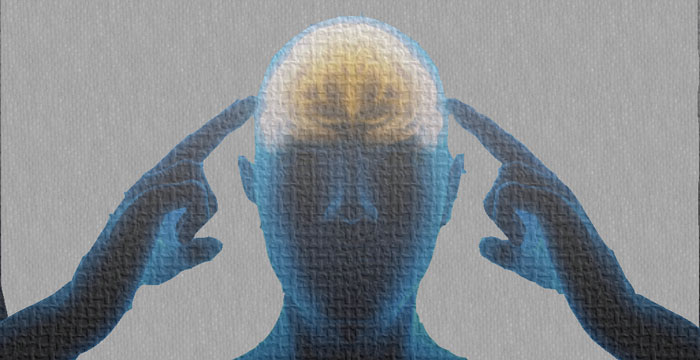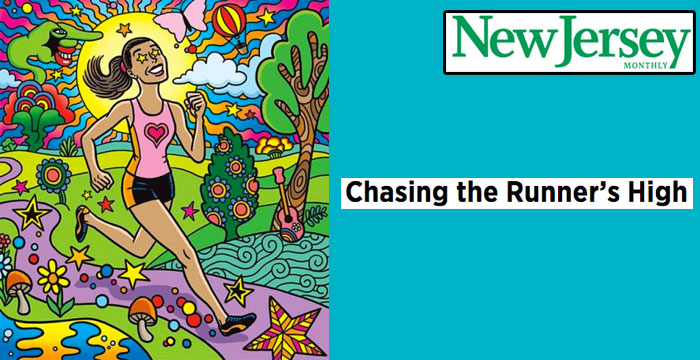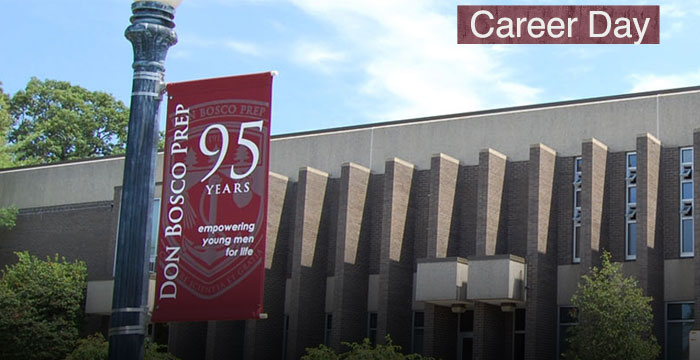By now, many of the high school and college teams have concluded their Spring season. It is a great time to review, revise, and create new goals. Perhaps if we take the approach of elite athletes and Olympic hopefuls on the Road to Rio 2016, we can gain a better perspective of how their training, both physical and psychological, has discrete periodization. Literally, each phase of their training is deliberate and purposeful. When the Olympic games arrive, their body is in prime condition to perform at peak levels. If psychological skills training has also been incorporated into their training process, it leads to the mind and body working together towards a common goal: High Performance.
How does this relate to my high school athlete?
Well, much of their work is done in the off season. Ideally, it is the best time to learn psychological skills such as positive self talk, relaxation training, imagery, goal setting. Too often, athletes try to do too much work to address an issue in prime sport season. It is in their best interests to work on areas at a different time period, the off-season.
Get Started:
Discuss your personal sport goals: Talk to your coach or someone who can give you an objective view on physical and mental aspects of your game. When you have finished your discussion, you should have a list of a few things that need further development. Next, you can devise a plan to work on the physical aspects of development. For example, ”When and how you are going to workout and address footwork issues to increase your touch in soccer.”
Sport Psychology Questions for Thought
Starter questions to think about for the psychological aspects of your game
Ask if there are times where you were, overanxious or too angry.
Do you need to be more confident in your play?
Do you give up when a game appears to be lost?
Are you afraid of doing things too perfectly?
What does your body language reveal to your opponents about your play?
Some of these questions are not easily remediated. Your coach can point out what he sees in your behavior; however, why this occurs can sometimes be a complex answer. If you address these behaviors earlier, it can lead to greater enjoyment and better performance in your sport.
John E. Macri, Ph.D., CC-AASP, of New Jersey Clinical and Sport Psychology in Ridgewood, NJ, is a psychologist who specializes in Sport, Exercise and High Performance Psychology. He is available to consult with teams and individual athletes on addressing the psychological aspects sport and performance. Please contact his office for further details. He can be reached at 201-445-3306 and john@newjerseycsp.com.




